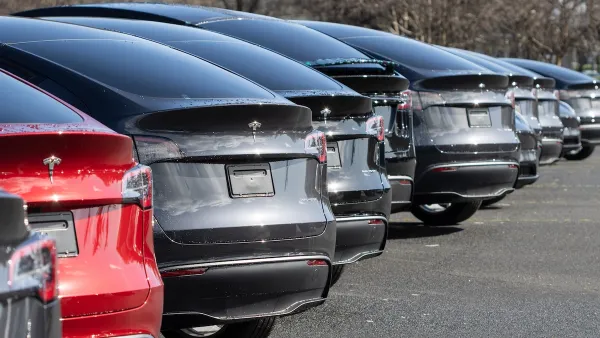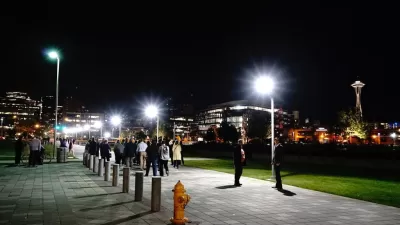The 5,000 local ordinances that prohibit “annoyances” often focus on the fraught intersections of the public and private. And it’s probably no surprise that public employees often seek legal protections from annoying (or annoyed) citizens.
Joe Palazzolo reports on the ongoing (and probably never-ending) debate over the legality of laws that prohibit annoyances. In an article equal parts bemusing and alarming, Palazzolo reports, “[dozens] of cities and states have passed strictures that equate ‘annoying’ with ‘illegal,’ adding to an already existing stock of aging laws that employ the word. According to Municode, an online database of local laws, ‘annoy’ or some variation appears in more than 5,000 ordinances.”
“Many of these pass constitutional muster, because they spell out the things that irritate to the point of illegality, such as unreasonably loud music, honking, shouting, fighting and pets that near-constantly bark or yowl.”
But many such laws have not withheld legal scrutiny. For example, “[the] U.S. Supreme Court ruled in the 1971 case Coates v. Cincinnati that the word ‘annoying’ was too vague to support a criminal charge. The decision struck down an ordinance that made it illegal to assemble on the sidewalk ‘in a manner annoying to passersby.’
According to Palazzolo, there are many more examples of laws that might have a hard time standing up to the analysis of the Supreme Court. For example:
- "A law in Vassar, Mich., makes it unlawful for any person to 'flirt' with or 'willfully annoy' a stranger."
- "Lawrence, Mass., says no person 'shall in any way annoy another person' within city parks."
- "In Winthrop, Mass., it's illegal to 'annoy another person' on any town beach."
- "In Cumberland, Md., it's illegal to annoy city employees."
FULL STORY: In These Towns, Being Annoying Is a Criminal Offense

Maui's Vacation Rental Debate Turns Ugly
Verbal attacks, misinformation campaigns and fistfights plague a high-stakes debate to convert thousands of vacation rentals into long-term housing.

Planetizen Federal Action Tracker
A weekly monitor of how Trump’s orders and actions are impacting planners and planning in America.

San Francisco Suspends Traffic Calming Amidst Record Deaths
Citing “a challenging fiscal landscape,” the city will cease the program on the heels of 42 traffic deaths, including 24 pedestrians.

Defunct Pittsburgh Power Plant to Become Residential Tower
A decommissioned steam heat plant will be redeveloped into almost 100 affordable housing units.

Trump Prompts Restructuring of Transportation Research Board in “Unprecedented Overreach”
The TRB has eliminated more than half of its committees including those focused on climate, equity, and cities.

Amtrak Rolls Out New Orleans to Alabama “Mardi Gras” Train
The new service will operate morning and evening departures between Mobile and New Orleans.
Urban Design for Planners 1: Software Tools
This six-course series explores essential urban design concepts using open source software and equips planners with the tools they need to participate fully in the urban design process.
Planning for Universal Design
Learn the tools for implementing Universal Design in planning regulations.
Heyer Gruel & Associates PA
JM Goldson LLC
Custer County Colorado
City of Camden Redevelopment Agency
City of Astoria
Transportation Research & Education Center (TREC) at Portland State University
Jefferson Parish Government
Camden Redevelopment Agency
City of Claremont





























